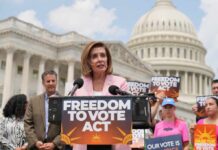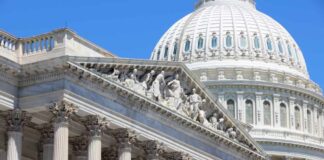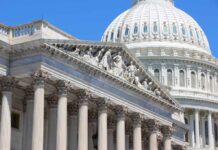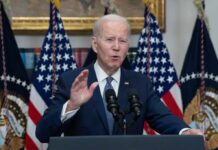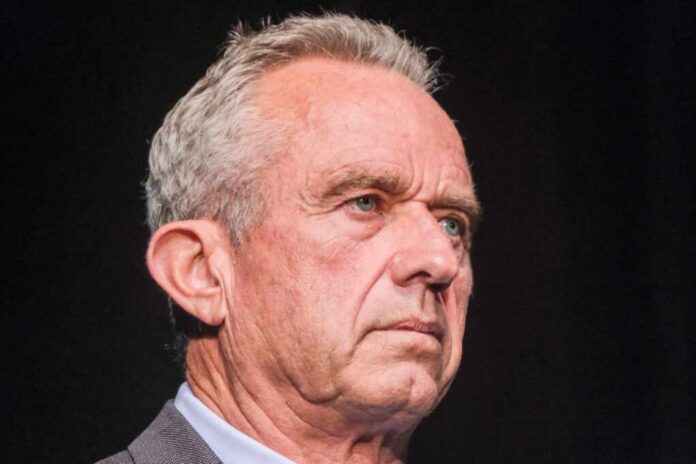
As former President Donald Trump is pursuing court battles to ensure his name will be listed on ballots in multiple states next year, another 2024 White House hopeful is similarly fighting to be included among the candidates.
Robert F. Kennedy, who dropped out of the Democratic primary to mount an independent bid, reportedly cleared a major hurdle in his effort to meet the qualifications in Utah.
🚨SCOOP🚨
Independent candidate @RobertKennedyJr has met the signature requirement to qualify for Utah’s 2024 presidential election ballot, Salt Lake City clerk's office confirmed to CBS News.
More in my latest for @CBSNews https://t.co/JtnYYhqm5F
— Cristina Corujo (@cristina_corujo) December 29, 2023
After obtaining the requisite 1,000 signatures, Kennedy is now one step away from appearing on the state’s ballot with the window for filing official paperwork starting on Tuesday.
“We will be announcing Jan. 3 our ballot access status in Utah at a press event in Salt Lake City,” explained campaign spokesperson Stefanie Spear.
The latest achievement came in response to a lawsuit taking aim at the Jan. 8 deadline for candidates to collect the signatures.
In the court document, Kennedy’s team explained that Utah’s is “the earliest deadline ever sought to be imposed on independent presidential candidates in the modern era” and that no deadline at any point in the month of January had ever received a federal court’s approval.
Meanwhile, a political action committee working on behalf of the candidate is funding a massive push to ensure he appears alongside other candidates in several major states including California, Texas, New York, Michigan, Illinois, Arizona, Colorado, Georgia, Indiana, and Nevada.
Not only has Kennedy maintained that candidacy requirements like the one in Utah have unfairly impacted him, he has also criticized the Biden administration for repeatedly refusing to provide him with Secret Service protection despite multiple credible threats against him personally as well as his family history of politically motivated assassination.
Most recently, Homeland Security Secretary Alejandro Mayorkas reportedly sent Kennedy a letter stating: “I have consulted with an advisory committee composed of the Speaker of the House, the House Minority Leader, the Senate Majority Leader, the Senate Minority Leader, and the Senate Sergeant at Arms. Based on the facts and the recommendation of the advisory committee, I have determined that Secret Service protection for Robert F. Kennedy Jr. is not warranted at this time.”
Kennedy reacted to the news in a social media post stating in part that it was “another example of weaponization of government against Biden’s political opponents.”




